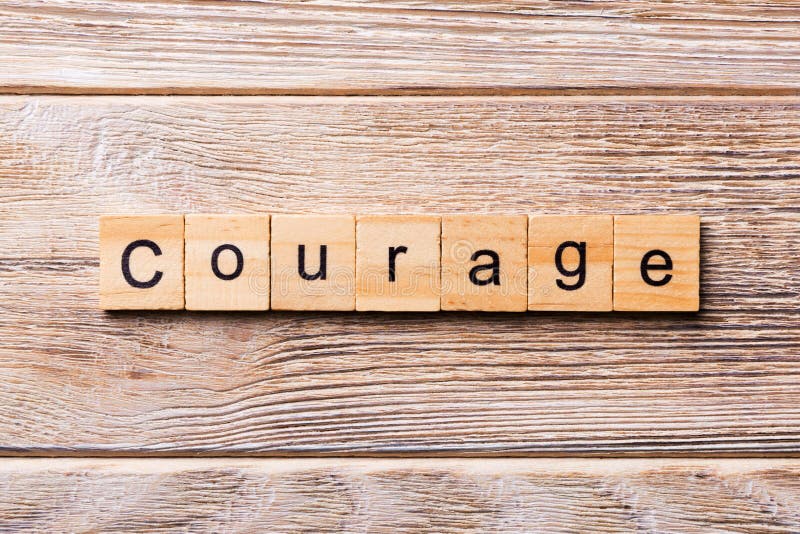

The painstaking development of new treatment regimens and newly released vaccines are the sole rays of hope in many countries, including the United States ( Johns Hopkins University Coronavirus Resource Center, 2020). It is heart-breaking that many of those deaths occur without the comforting physical presence of loved ones and communal mourning has been extremely limited. As the virus rages across the globe, hospitals and medical personnel are being overwhelmed: as of February, 2021, there have been over 100,000,000 confirmed COVID-19 cases and 2,000,000 COVID-19 related deaths worldwide in the United States alone, there have been over 27,000,000 confirmed COVID-19 cases and over 400,000 COVID-19 related deaths ( WHO, 2021). The year 2020 has been one of the most tumultuous, uncertain, and defining in living memory, with the COVID-19 pandemic and global political unrest vying with World War II, the Great Depression, and the Flu of 1918 as among the greatest challenges to physical, mental, and social health in modern times. Practicing courage, justice, and practical wisdom illuminates a path to flourishing, even in a pandemic. Wise decisions and actions incorporate the recognition of relevant moral concerns and aims, as well as responding in fitting and practical ways to the specifics of the situation. When important personal and public health decisions must be made, the central virtue of practical wisdom comes to the fore. Longstanding inequalities have been highlighted during the pandemic, calling for the virtue of justice. Courage has emerged more powerfully as a central virtue among medical personnel, first responders, and essential workers.

Contexts of risk and fear call for the virtue of courage. This general argument also illuminates a pathway to flourishing during the COVID-19 pandemic, the risks of which have induced powerful fears, exacerbated injustices, and rendered life and death decisions far more common. For example, people can flourish by developing the virtue of friendship as they navigate the inherent (healthy) human dependency on others. (2017) recently made a general argument for virtues as the characteristics necessary for individuals to flourish, given inherent human limitations.

Department of Educational and Psychological Studies, University of Miami, Coral Gables, FL, United Statesįowers et al.


 0 kommentar(er)
0 kommentar(er)
